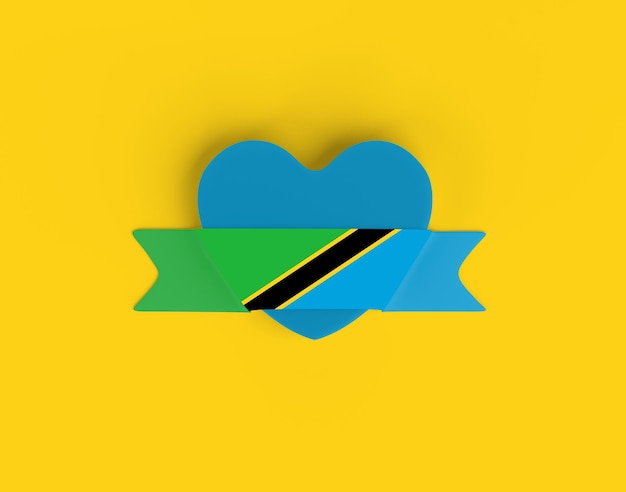Rwanda Facts – Unveiling the Rich Culture, Breathtaking Landscapes, and Remarkable Development of Rwanda

Rwanda is known as the land of a thousand hills.
Rwanda is located in the heart of Africa, bordered by Uganda, Tanzania, Burundi, and the Democratic Republic of Congo.
Rwanda’s official languages are Kinyarwanda, French, and English.
The Rwandan genocide in 1994 was a devastating event in which approximately 800,000 people were killed in just 100 days.
Despite its tragic history, Rwanda has made significant progress in economic development and reconciliation.
Rwanda is one of the few countries in the world with a female-majority parliament, with women holding more than half of the seats.
Rwanda is home to the endangered mountain gorillas, which can be found in the Volcanoes National Park.
Rwandan cuisine is diverse and includes popular dishes like ugali, isombe, and brochettes.
Rwanda is known for its vibrant traditional music and dance, with performances often featuring drums and unique choreography.
The capital city of Rwanda is Kigali, known for its cleanliness and orderly urban planning.
Rwanda has made significant progress in healthcare, becoming one of the few countries in Africa to achieve near-universal healthcare coverage.
Rwanda is a popular destination for ecotourism due to its lush landscapes, national parks, and diverse wildlife.
Lake Kivu, one of the African Great Lakes, borders Rwanda and is known for its stunning scenery and recreational activities.
Rwanda has a strong coffee culture, with high-quality Arabica coffee being one of its main exports.
Rwanda Facts – Unveiling the Rich Culture, Breathtaking Landscapes, and Remarkable Development of Rwanda part 2
Rwanda was the first country in the world to ban plastic bags completely in 2008.
The Rwandan educational system places a strong emphasis on science and technology, with programs designed to boost digital literacy.
Rwanda has a remarkably low crime rate compared to many other countries, making it one of the safest places to visit and live in Africa.
The traditional clothing in Rwanda includes brightly colored garments, with women often wearing wrap-around skirts known as kitenge.
Rwanda is known for its entrepreneurship and innovation, with initiatives like the Kigali Innovation City promoting tech startups and research development.
The Akagera National Park in Rwanda is home to various wildlife, including elephants, lions, giraffes, and zebras.
Rwanda is known for its strong commitment to environmental conservation, with efforts to restore and protect its natural habitats.
Rwanda has a rapidly growing film industry, with its annual film festival, Hillywood, gaining international recognition.
Rwanda has made significant progress in gender equality, with initiatives aimed at empowering women economically and politically.
Rwanda is nicknamed the Land of a Thousand Smiles due to the friendliness and welcoming nature of its people.
The Rwandan traditional dance, known as Intore, is a unique and energetic performance often accompanied by traditional instruments.
Rwanda is known for its unique traditional wedding ceremonies, which involve various rituals and cultural practices.
The Rwandan economy has experienced steady growth over the past decade, with sectors like tourism, agriculture, and services contributing to its development.
Rwanda has a high literacy rate, with education being a top priority for the government.
Rwandans value community and collaboration, as reflected in their traditional practices such as umuganda, a monthly community work day.
Rwanda is home to the Virunga Mountains, a range of volcanic mountains famous for their stunning landscapes and great trekking opportunities.
Rwandans celebrate their cultural heritage through events like the annual Umuganura festival, where traditional music, dance, and food are showcased.
Rwanda has become a leader in sustainable development, with initiatives like the Green City Kigali project promoting eco-friendly practices and renewable energy.
Rwandans are passionate about basketball, with the sport gaining popularity and producing talented players who compete internationally.
Rwanda has a rich literary heritage, with renowned writers like Scholastique Mukasonga and Benjamin Sehene representing the country’s literary scene.
The Rwandan flag consists of three horizontal stripes: blue, yellow, and green, representing unity, economic development, and the country’s natural resources.
Rwanda has made significant progress in reducing child mortality rates, with improved healthcare services and vaccination programs.
Rwandan traditional medicine, known as Ubwenge, is still practiced alongside modern medicine, highlighting the country’s cultural diversity.
Rwanda has a strong emphasis on family values, with extended families often living together and providing support to one another.
Rwanda is known for its breathtaking scenery, with the Nyungwe Forest National Park offering stunning views, waterfalls, and diverse wildlife.
Rwandan artists and artisans are known for their intricate crafts, including traditional pottery, basket-weaving, and wood carving.
Rwanda is a landlocked country, but it has numerous breathtaking lakes, including Lake Muhazi, Lake Ihema, and Lake Ruhondo, among others.
The traditional music of Rwanda often features the use of a unique musical instrument called inanga, a stringed instrument played with a bow.
Rwanda has made significant progress in gender equality, with initiatives aimed at empowering women economically and politically.
Rwanda has a rich tradition of storytelling, with folktales and legends being passed down through generations, often accompanied by music and dance.
The Rwandan government has implemented various policies to promote sustainable agriculture and improve food security, including the Gataraga program for small-scale farmers.

